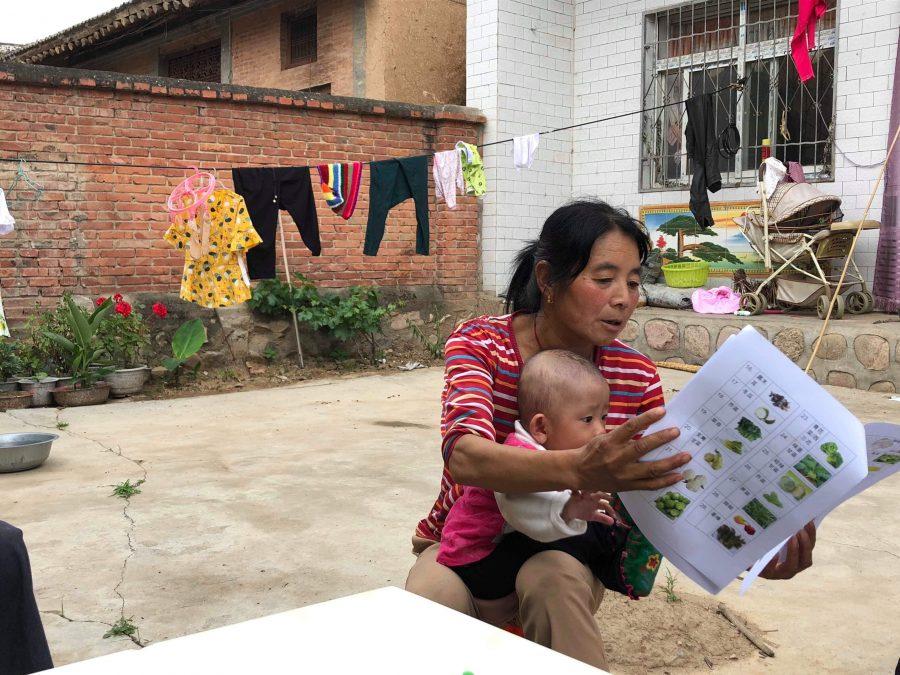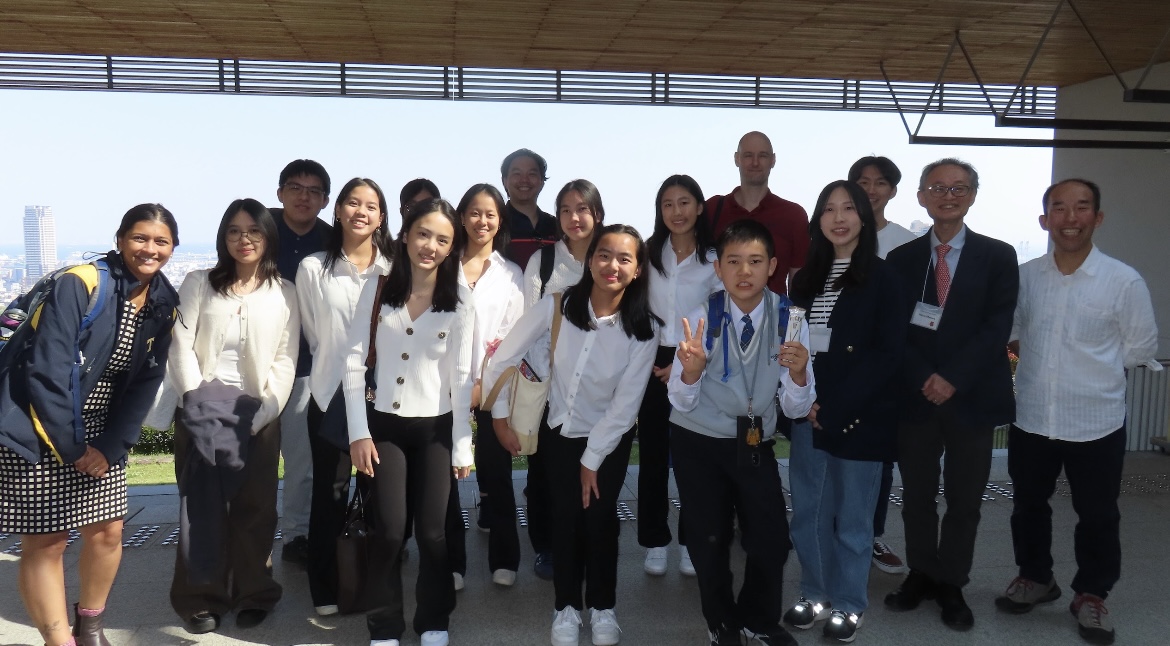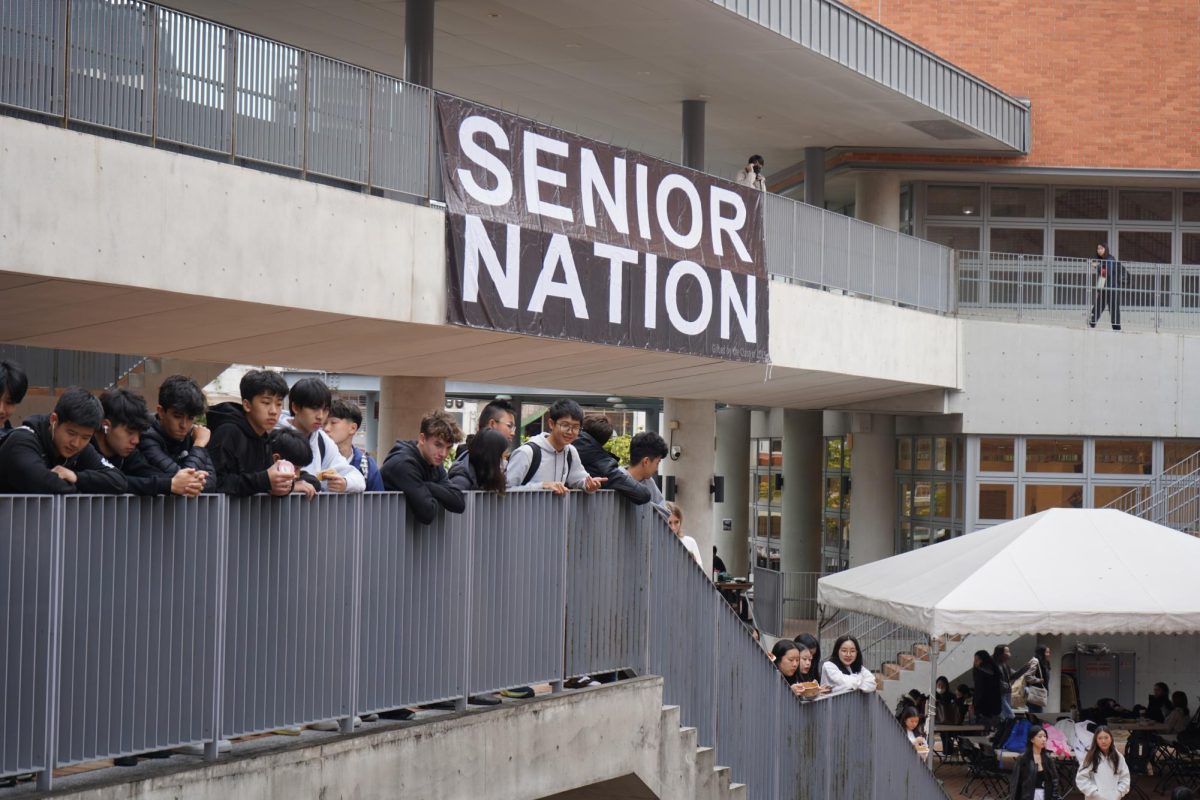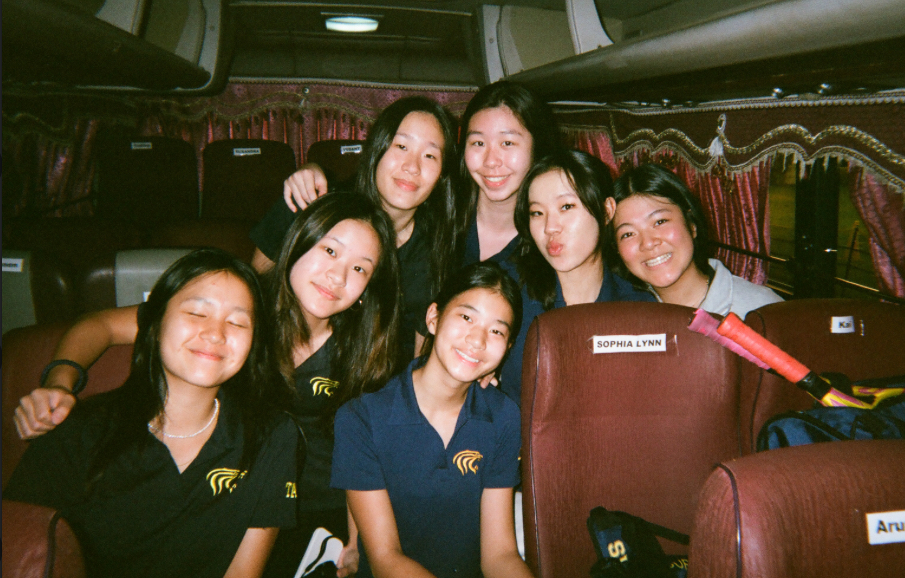On Nov. 3, Dr. Scott Rozelle, Co-Director of the Rural Education Action Program at Stanford University, came to Taipei American School to deliver a speech called “The Other China.”
Dr. Rozelle, whose field of research focuses primarily on China and its economic and agricultural development, spoke about the need for education to escape the middle-income trap for developing nations such as China. He used the term “graduates” to describe nations that have become economically developed and argued that promoting rural education is key for middle-income countries to make the leap. “For the past 25 years, no one has made the transition,” Dr. Rozelle said.
To illustrate his point regarding the Taiwanese government’s relatively higher care for education, he described his trip to Miaoli County he took the day prior to the speech. His team is currently working on a project called “Long Distance Learning,” in which students learn through computerized programs, to bring higher quality education to aboriginal children in Taiwan. Describing one of the schools he visited, Dr. Rozelle said, “There were 38 students taught by 10 teachers, and the principal had a PhD. The school had a library and a school lunch program because Taiwan knows that we need to centrally fund rural education and give everyone a fair chance in life.”
However, Dr. Rozelle pointed out that China is not making a similar investment in rural education. “China has the lowest level of education in the entire middle-income world,” he said. This has implications for whether China will follow a path similar to other middle-income countries, such as Brazil, which failed to become graduates even after a period of significant economic growth.
After the speech, students participated in a roundtable discussion organized by Dr. Richard Hartzell, where they discussed Dr. Rozelle’s research as the head of the Rural Education Action program. “It was a very friendly environment, but quite intimidating sometimes, [since] some students have a bit more background knowledge on the topic,” Emma Wu (‘22) said.
Another student who attended the roundtable was Maggie Lee (‘19), who interned for the REAP in rural China this summer. She and other interns investigated the causes of iron-deficiency anemia among infants and toddlers in the area. Maggie was originally introduced to the internship by a friend of hers who knew about the program. She said that her vegan lifestyle sparked her interest in the topic of nutrition.
For five days out of the 4-week long internship, the interns and Dr. Rozelle stayed in Long County, Baoji City, China, and conducted interviews with 31 households. The interns interviewed primary caregivers of infants aged 0-3 years old and learned that the sources of anemia had less to do with the accessibility of foods in the region. They discovered that anemia among infants was linked to socio-cultural influences, such as the caregivers’ traditional infant feeding practices, as well as the starch-based diet rooted in their culture.
“People often ask, ‘Why should we care about what’s going on in China?’ It is important for us to be aware of the situation in China because this is an issue back home, in the rural parts of Taiwan as well,” Maggie said, expressing that the same issue present in China is also prevalent in the rural parts of Taiwan. She and Dr. Rozelle co-wrote a paper regarding their findings.
Stanford professor speaks about China's agriculture and economy
November 15, 2018
0




![[PHOTO COURTESY OF PIXABAY]](https://blueandgoldonline.org/wp-content/uploads/2025/03/white-18227_1280-1200x803.jpg)

![[PHOTO COURTESY OF PIXABAY]](https://blueandgoldonline.org/wp-content/uploads/2025/03/fire-6706674_1280-1200x800.jpg)
